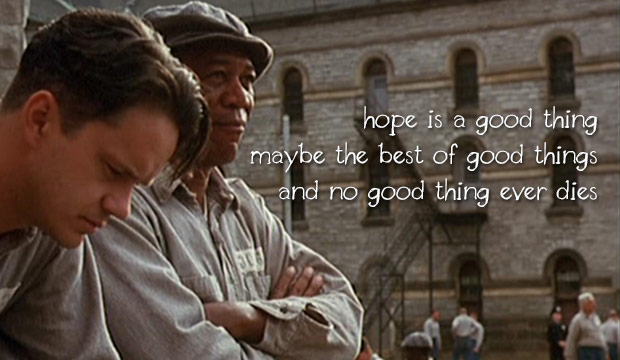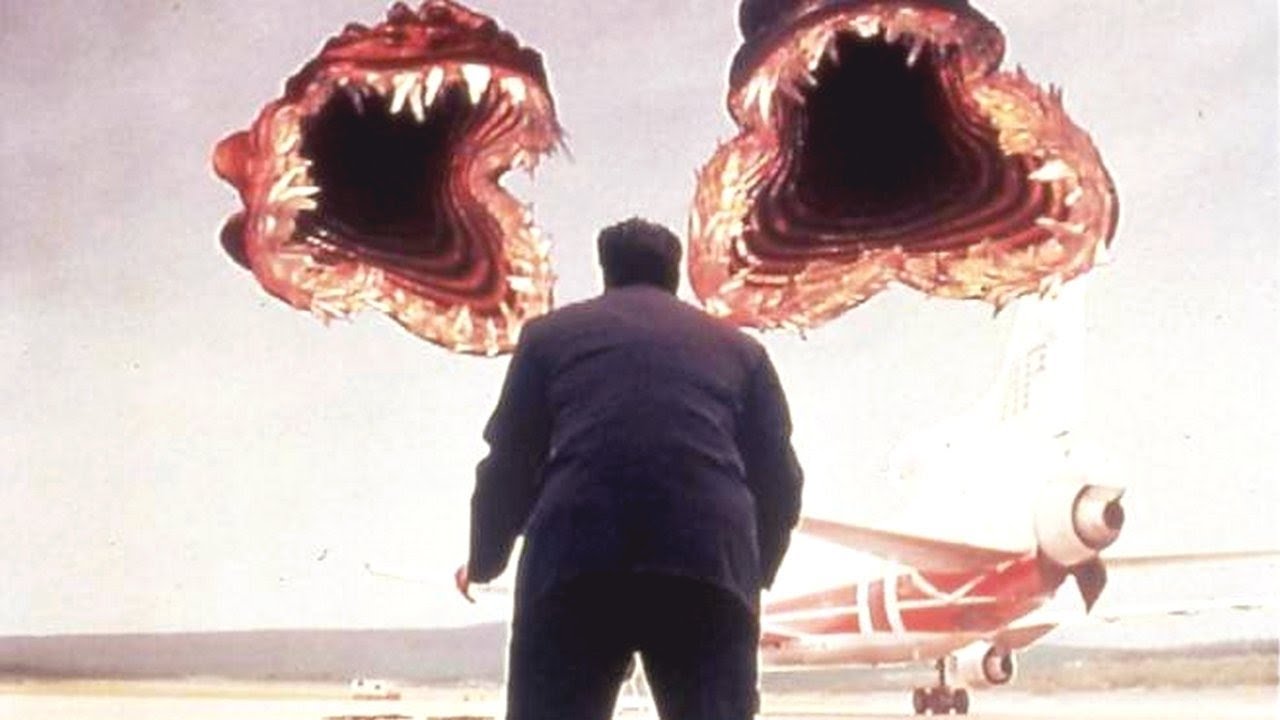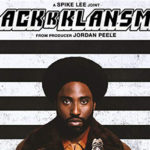He’s been labeled the master of horror, but many of his horror fans are often surprised to hear about other novels in his bibliography. One anecdote King often likes to tell recounts the time that he was recognized by an elderly woman in a grocery store, who told him he should write something positive, like The Shawshank Redemption. Certainly he’s known for his terrifying tales, but even from the beginning, he’s always been much more than that.
Never Wanted to be Known for Horror
In interviews, King himself states that he sees himself as an author first, rather than a genre writer, and his novels have certainly shown this, even early on. He published coming of age stories like “The Body” (aka Stand by Me), inspiring stories like “Shawshank” or “Green Mile”. Recently however, he entered the detective genre with his “Bill Hodges Trilogy” (“Mr. Mercedes”, “Finders Keepers”, and “End of Watch”). His style is very rooted in character, internal conflict, and compellingly emotional arcs. While these can all be used to tell a story that’s disturbing, they can also be used to tell a drama like “Dolores Claiborne” or “Hearts in Atlantis”.

For a lot of authors, it’s very difficult to escape the genre they initially find success in. Part of it is because they’re dealing with something they’re familiar and passionate about, but it also has to do with fan expectations. Before writing “The Da Vinci Code” Dan Brown was known for his technological thrillers. And he wrote brilliant stories like “Digital Fortress” and “Deception Point”. But after the success of not only the novel, but the Tom Hanks starring film, Brown only writes Robert Langdon stories. As has been the case for his last three books (“The Lost Symbol”, “Inferno”, and “Origin”). King avoided falling into this trap early on however, due to his prolific nature and consistency in format. It wasn’t so much the horror that fans were looking for in his work, but rather his style of writing.

The New TV Renaissance
While it is true that historically King has had a hard time with some of this film and TV adaptations (more on that here), in recent years the TV medium has been treating him better. Shows like Under the Dome, The Mist, Mr. Mercedes, and even the upcoming Outsider (based on his most recent publication) have demonstrated the perfect way to adapt his style. His film adaptations often left out huge chunks of material. The frequent TV miniseries of the 90’s remedied this, but they all suffered from low budgets, poor effects, and incredibly cheesy acting. But now that visual effects have come so far and 90’s cheesiness is a thing of the past, these long form series are the perfect way to bring King’s work to into the visual world.

It’s even at the point where screenwriters don’t even need specific source material to adapt. Hulu’s new series Castle Rock is an entirely original storyline, just set in King’s world. Because of this, it gets his tone spot on. Another incredibly successful TV adaptation was 2017’s Mr. Mercedes. It’s the story of a retired detective, hell-bent on catching the infamous “Mercedes Killer”, who drove a car into a crowd. Frighteningly, King got the idea from a real life news story about a woman who actually did that at a McDonald’s job fair. As previously mentioned, this was his foray into the detective-mystery genre, and it has everything those fans would want, with his unique spin to it.

What Writers Can Learn
Much like actors playing the same types of roles, it’s very easy for writers to fall into this trap. Whether it’s Dan Brown only writing adventures for Robert Langdon, or J.K. Rowling only wanting to stay within her Harry Potter universe. To be fair, she did pen “The Casual Vacancy” in 2012, as well as four novels in the “Cormoran Strike” series. However the latter was done under the pseudonym “Robert Galbraith”. The fact that she did this goes to show that while she wanted to branch out, she also knew that her fans would expect wizards and magic if she used her real name. This only encourages authors to stay within their literary comfort zones.
Michael Crichton, on the other hand, followed a style similar to King. He usually wrote thrillers based in almost realistic science fiction, but his work transcended many settings and genres. Mostly because he focused on his own method of writing and applied it to many different areas. He too, was able to spread his creative wings and not be boggled down by fans demanding the same protagonist over and over. But King’s examples of successfully writing in drama, coming of age, and now crime thriller, can inspire other writers who feel like they have much to say, and not all in just one subject. It’s part of the reason why he’s the most successful American author in history.





